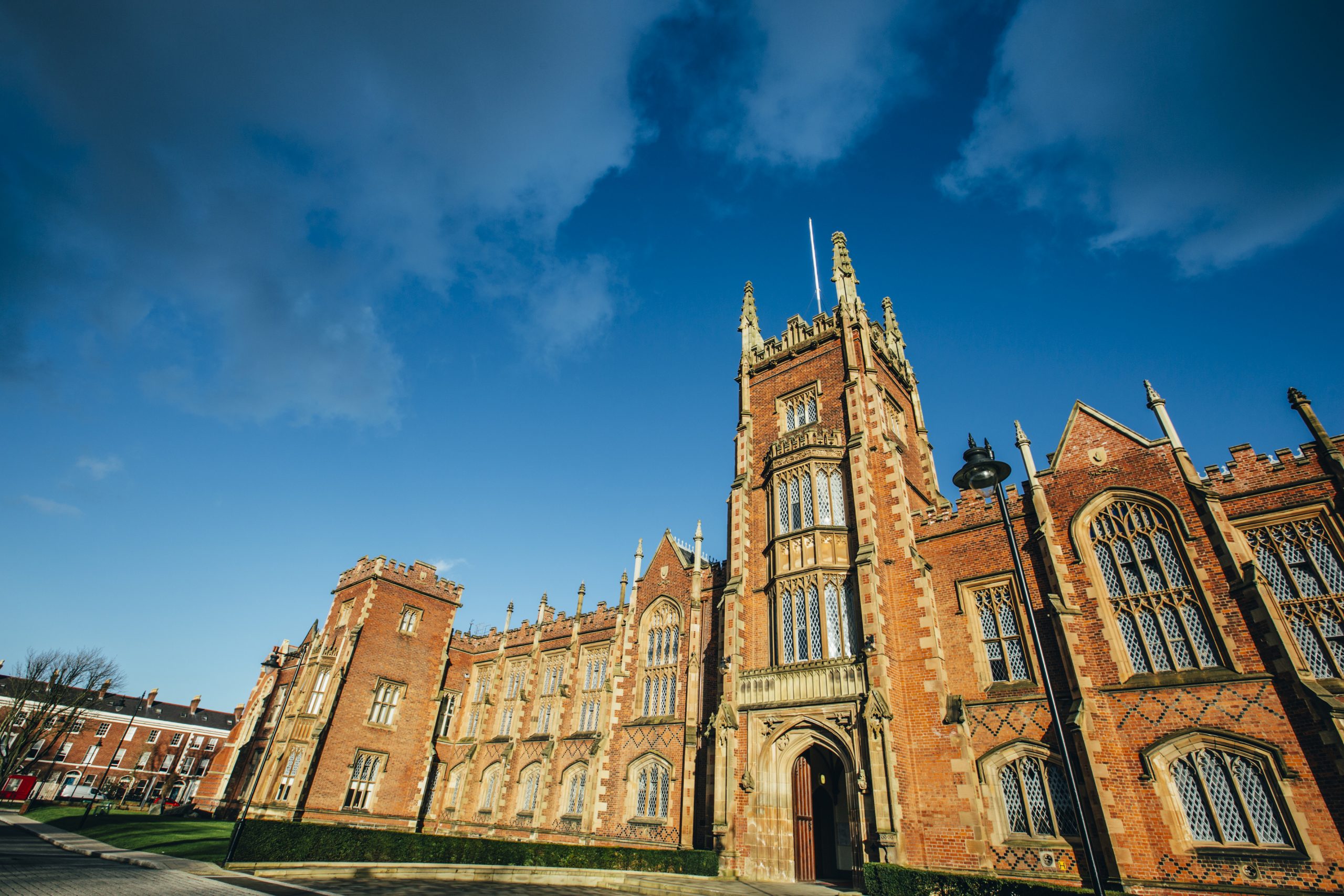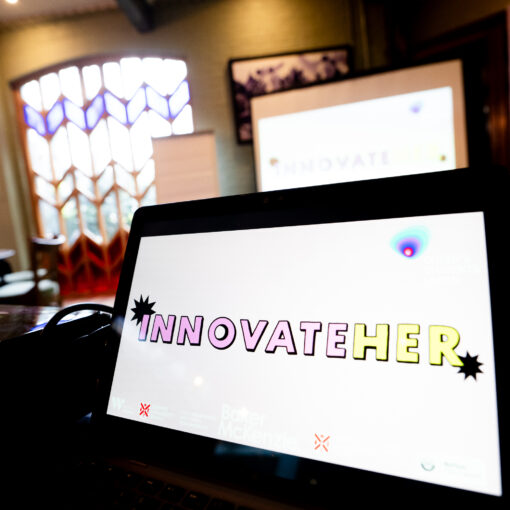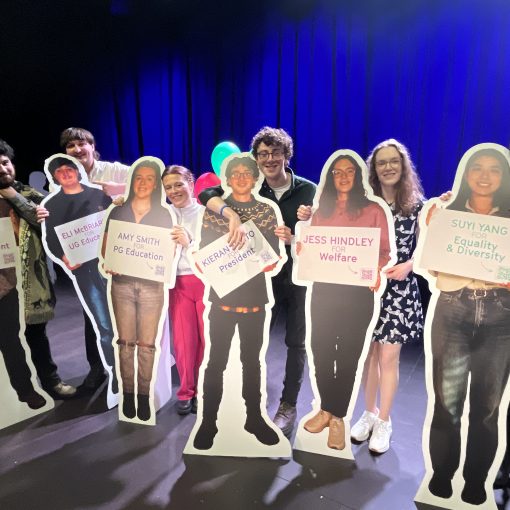
Moving away from home in any case can be a scary but exciting time. Whether it be for personal reasons, career related or for university.
We know that the main reason to go to university is to learn, achieve your degree and improve your employability, but it’s important to remember that the social aspect and experience itself is just as important.
So, how do you adapt to a new environment and make it feel like a home away from home…
There are so many things that you can do to try and settle you in but usually it’s the small things that have the biggest impact and help you to settle yourself in from the offset.
Home Comforts
A good place to begin is to think about what it is at home that makes you feel that comfort and no, we don’t mean your parents!
Are there things back home you can bring with you, or is there something you can buy here to give your new space that same feeling of home? This could be anything from a pillow, photographs or ornaments to a particular smell. It’s surprising how something so small can make you feel more at ease and help a place feel more familiar.
You aren’t Alone
Another important thing to keep in mind is that you are not alone.
Thousands of new students join University each year, and many of them will be in the same position. They’ve moved far away from home and are now experiencing independence for the first time. For many it is their first big step into adulthood and an opportunity to become self-efficient. Doing your own washing for the first time? SCARY.
Keep in Touch
The marvel that is modern technology means that it is very easy to keep in touch with your family and friends back home. Sometimes a quick five minute phone call or video call can have a huge benefit. Homesickness is common, and these engagements and familiar voices can make a world of difference.
The fact that many students will be in the same position could be a great thing to bond over and help you form a connection.
Finding and Making new friends and building up your social circle.
Being in a new place with new people, who are all in the same situation is a great position to be in when it comes to finding common ground and forming friendships.
If you are living in University accommodation, this is usually where most students meet the first people who’ll become their friends and confidants.
Having said this, not everyone hits it off straight away and that’s okay. There are plenty more opportunities to meet and make friends and find ‘your people’ at university.
Clubs and Societies
You have chosen your course because it relates to something your passionate about, this provides a common ground to form relationships with course mates. The good news is most courses will have a relevant club or society and this is a great way to meet new people.
Even outside of your course if you have any hobbies or interests, chances are that there’s a club or society that incorporates or relates to this somehow. With over 240 plus clubs and societies to choose from we have pretty much something for everyone. From books, to film, to languages and to sports and activities- there’s even a Rubber Duck Appreciation society! You can check out what’s on offer here
Can’t find the club or society you are looking for? Guess what? You can make your own!
Our SU Clubs and Societies team are extremely friendly and are more than happy to support you with the necessary steps you need to take. You can find out more here
Want to be Social but not a Drinker?
You may think that a large part of the social side of university is drinking and going out. Though this may be fairly common for students, more recently there has been a push towards activities that don’t involve alcohol and a keen message that you don’t need to drink to have a good time. Keep an eye on our Instagram page and website for events and activities that are advertised as alcohol free.
We also have plenty of volunteering opportunities for you to get involved in. This gives you the chance to spend some time doing something that will help others.
Not only is this another great way to meet new people, it’s a brilliant way to enhance your CV, which can improve your employability and desirability when you enter the job market. You may even be able to enhance your skillset and develop skills that you may not have had much chance to use up until this point.
Registering with a GP
It’s easy to get caught up in the excitement of starting university but it’s important to ensure that you are covering all the bases.
Hopefully your time at university and living in Belfast will be smooth without any concerns relating to your health, however, should a time come when you are in need of a medical professional, it’s important to make sure that you are aware of where to find these and that you register with a local GP.
If you are not registered with a GP and you need none-emergency medical attention, then it could cause delays in you receiving care. For the sake of 20 minutes collecting and completing the necessary form, I’d say it’s worthwhile making the effort.
You can find the nearest GP surgery to your address by looking on NI Direct. When registering with a GP as an international student you will need the following:
- Registration Form (you can get this from the surgery itself)
- Passport
- BRP or Settlement Letter
- QUB GP Confirmation of Student Status Letter (provides details of your address and course duration)
Remember, GPs and healthcare in the UK is free with the NHS. Though there are NHS charges for dental treatment. Those on a low income may be eligible for help with the cost of dental treatment. See here for more details
So what support is available in the University?
It’s important to keep in mind that everyone has mental health, and the struggle doesn’t have to be long-term or even diagnosed to have a significant impact.
The University has a wide range of support available to help students who may be having either a long-term or short-term period where their mental health is in decline.
The Student Wellbeing Service is available for students registered at Queens to use for free. They offer a wide range of supports from a drop-in service that runs every weekday between 11am-3pm; one to one sessions will Wellbeing Advisers and can also help students get mental health support with Mental Health Advisers and Counsellors.
Sometimes mental health struggles may be a long-term issue, and a diagnosed illness for which you are already receiving treatment. Or if you have a physical illness that could impact your ability to engage with your studies somehow, you can look to reach out to the Accessible Learning Support Service.
They are able to make sure that any supports and adjustments that may be appropriate, are put in place to help reduce the impact that your mental health or other disability has on your studies. This service is also available through a drop-in service with the Student Wellbeing Service noted earlier.
Hey big spender!
Getting carried away with spending is easy enough, but if you’re on a budget it may not be the most sensible thing to do.
Luckily, the Students’ Union has partnered with Blackbullion, a financial wellbeing platform that cover a huge range of topics that include, budgeting, avoiding financial scams, financial risks, understanding investments, dealing with debt and much, much more.
How much does it cost you’re wondering? Well, it’s entirely free and takes a couple of minutes to register!
You can register using your QUB email and, by saying you are a student from ”Queen’s Students’ Union“, you will be given unlimited access to all Blackbullion resources and information. The platform also runs competitions throughout the year giving you the chance to win money and other prizes too.
Academic writing and avoiding trouble.
Academic practices can differ depending on what country you are from and if you’re an international student who is used to more relaxed expectations with regards to referencing and other academic practices, then it may be easy to continue with those habits.
However, Queen’s along with many other Universities in the UK and Northern Ireland have high standards when it comes to the correct practices and written academic submissions. Claiming other people’s work as your own is a big no, no!
Look at it this way: if you completed a piece of work and someone else started using it and claiming it as their own, it would probably make you feel a little frustrated. Using someone else’s words also doesn’t show that you yourself have a strong understanding of the information or the topic of discussion.
There are places to turn if you are looking for a little extra guidance with referencing and other practices. Firstly, there is nothing to stop you from speaking to your lecturer if you are worried that you may doing this at the best standard.
There is also the Learning Development Service who can provide one to one support to undergraduates looking for more help. If you’re a postgraduate student and you think you may benefit from a little help, The Graduate School can help offer one to one sessions with this too. It’s much less stressful and better to ask for help than to be contacted about an academic offence.
The everyday stuff
New country, new shops and new supermarket chains.
There’s a lot to get used to and buying your groceries is one of the smaller everyday tasks that you haven’t given much thought to. Eating the foods that you are used to may give you a sense of feeling at home, so if you are looking for a taste of home and want to know where to find the right ingredients, there are some local international supermarkets that might provide exactly what you’re looking for. A few of these are:
- Tipaza – 143 Lisburn Road
- Asia Supermarket Belfast – 40 Ormeau Embankment
- Bangla Bazar – 175-177 Ormeau Road
Part of moving country and looking to try something outside of your comfort zone can again include food. There are many local supermarkets that can give you a taste of Belfast, Northern Ireland and the UK. Their websites should help you find the nearest one to you.
Belfast is also known for having ample great restaurants and food places so a simple google search of places to eat in Belfast will give plenty of options.
Take a look at Belfast… and the rest of Northen Ireland.
If you’re new to Belfast, there’s plenty to explore within a close enough proximity to the University. If plants and nature are your thing, the Botanic Gardens are situation right next to the University. A walk around the gardens or visit to the Tropical Ravine is easily manageable in a break between lectures or at a weekend when you’re looking the kill a couple of hours.
There are plenty of museums from the Ulster Museum found right by the Botanic Gardens on Stranmillis Road to the Titanic Museum by the water in the city centre.
There are also markets, a zoo and mountain walks (if fresh air and stunning views is something you enjoy). If you have the means to travel a bit further afield the Giants Causeway is a great day out too.
If you’re looking for something that doesn’t involve a late night, consuming alcohol or loud music, then you should definitely consider a day out visiting one of the attractions above. They are also great time fillers when you have friends and family visiting.
Safety First
New country, new people and new environments. It’s important to look after yourself! Personal safety should be a priority for anyone, not just students.
There are a few simple things you can do just to be extra careful.
Travelling alone – it’s always a safer bet travel with a friend but if you are in a situation where you will be travelling alone, especially at night, always tell someone where you are going and let them know when you arrive. Keep valuables out of sight and try not to walk with headphones in so you can hear what’s going on around you. If it’s dark, it’s always sensible to keep to well-lit streets. There’s nothing wrong with being extra cautious.
Home Safety – checking all doors and windows are locked is the best way to keep your house secure. An unlocked door and an open window (especially when nobody’s at home) is basically inviting someone to come in. Like anywhere in the world, there are opportunists who may try their luck, so keeping the house secure is the best defence against this. That being said, looking into contents insurance could be a smart move just in case.
Being an international student and far from home can be scary, but it should also feel exciting and hopefully with all the information and guidance to the opportunities noted earlier on, your time at QUB is everything you hope it will be.
This blog was supplied by the team at SU Advice.
Whether you have a question about funding, managing the money you do have or where to find additional support, SU Advice are available to offer information, advice and guidance on all things money and finance.
SU Advice offers 15-minute drop-in sessions to students on Tuesdays, Wednesdays & Friday from 11:30am – 2pm or you can send them an email at su.advice@qub.ac.uk anytime you have questions during your time at Queen’s.




